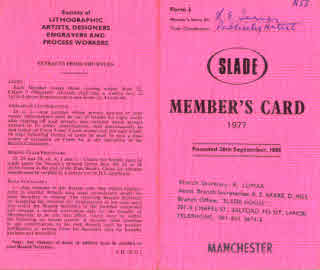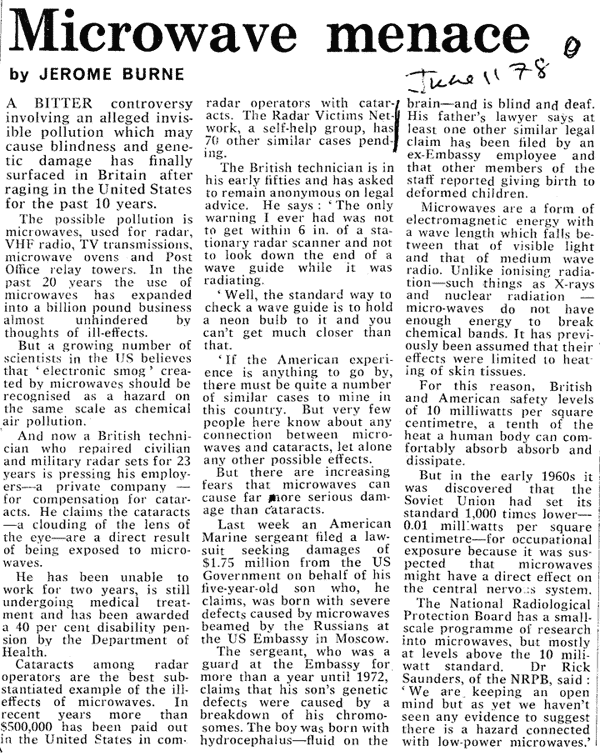
| Cataracts 1 | HISTORY Page | Obituary Page | |
| |||
|
I was able. to withdraw from drawing board work and concentrate on more administrative matters. But outside, I was producing a book for Dover Books, and had several other contracts lined up, and I found I was losing the ability to do all the things I’d just taken for granted. And I had to get through the next few years before the surgeon would operate. So, you accept the situation and cope best you can. I soon found that the gradualism of cataract means that you adapt and compensate in many ways as things get worse, become fatalistic, and have the comfort of knowing ultimately it’s an operable condition and you’ll – hopefully – have your sight restored. However, there were complications that still left a few question marks, and worries. Available light became a major consideration. It was a period when art gallery management and conservation decreed more discreet lighting in galleries, which caused problems for me, and I gave up attending art exhibitions. Print seemed to get greyer and fainter – I had to abandon reading while commuting. I gave up film societies because it became impossible to read captions on foreign films; they’d be snatched away before I was halfway through deciphering them. I was able only to make out detail within a few inches of my nose, which made nonsense of trying to read titles on the library shelves, as well as trying to paint. Eventually, I was reduced to having my secretary at work read all the papers that arrived on my desk – and occasionally rescuing documents I scrawled messages on under the impression they were blank sheets... Fortunately, I travelled into work by train – no problems there – and when I arrived in Manchester, I insinuated myself in a mass of travellers, who swept me across streets without any worries about traffic. I just mentally switched off in these circumstances; the journey became automatic, I was listening to music inside my head, and often arrived at the office with no clear memory of the journey just made. It was 1979 before my first eye op, which was designed to deal with the complications and brought no immediate improvement, but if all went well, the cataract could then be removed from this eye, which by now had lost all useful vision. All went to plan and the cataract op was set for the new year. With my usual optimism and impatience to catch up, I signed on for an Open University course on modern art. However, expectations were dashed as the op was then postponed until May. It became a challenge to make a start on the course; all my energies became focussed on coping, somehow or other; I found myself so busy I didn’t have time to get broody. The course became a great morale booster and help in facing up to things. And after the removal of the cataract from my right eye, and the gradual readjustment to an altered vision, the world seemed a wonderful place indeed. I was limited to Cyclopic vision – while I had some useful vision in my left eye, it had to be blanked out, as it was not now compatible with the right. I found I had virtually to learn to see again, adapt to changed conditions; coping with print, judging distances; I could have done with a Cataracts Anonymous rehabilitation course. ■
|
 |
 When my eyesight noticeably deteriorated in the mid-1970s, I got fed up with the optician's vague assurance of “a loss of acuity owing to ageing” and saw a specialist, who confirmed that it was cataracts. At the time, it seemed to be the worst thing that could happen. At the Guardian, I was running the marketing studio, with two art groups and a copy group doing promotion work and servicing advertisers; largely a matter of general control of the creative aspect.
When my eyesight noticeably deteriorated in the mid-1970s, I got fed up with the optician's vague assurance of “a loss of acuity owing to ageing” and saw a specialist, who confirmed that it was cataracts. At the time, it seemed to be the worst thing that could happen. At the Guardian, I was running the marketing studio, with two art groups and a copy group doing promotion work and servicing advertisers; largely a matter of general control of the creative aspect.
